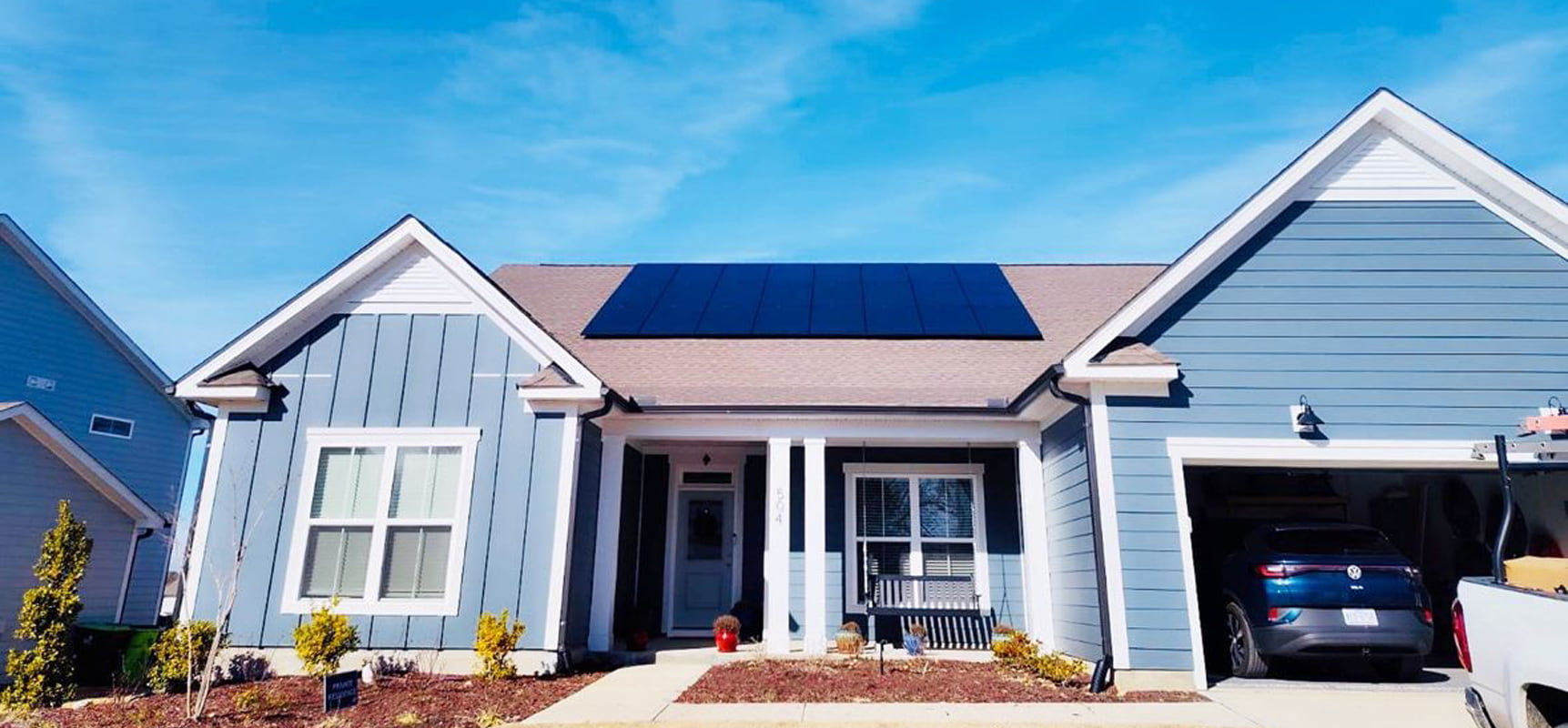What is all-in-one energy storage system
Apr 24, 2024
What is all-in-one energy storage system?
An integrated electrical energy storage system is a battery system that integrates several components such as batteries, inverters, and charge controllers into a single unit. These compact and versatile integrated off-grid solar systems are easy to install and provide reliable backup power during power outages, making them ideal for homes, businesses, and industries that rely on renewable energy.
What are the benefits of an all-in-one power off grid solar energy storage system?
If you are looking for an off-grid system, with or without solar panels, you need a system that is quick, easy, simple and safe. In the past, if you wanted an off-grid system, you would need to buy a lot of parts, learn how to put them together, and then take the time to wire all the parts yourself. This was a daunting task for most people.
An all-in-one off-grid solar battery storage system offers several advantages, including easy installation, low equipment costs, and short installation time. In addition, integrated off-grid solar battery storage systems reduce the overall installation footprint and simplify maintenance.
How all-in-one energy storage system works?
An all-in-one energy storage system typically combines various technologies to store and manage energy in a single unit. These systems are designed to store electricity generated from renewable sources or during periods of low energy demand, and then release it when demand is high or when renewable energy generation is low. Here's a general overview of how an all-in-one energy storage system works:
Energy Capture: The system captures energy from different sources, such as solar panels, wind turbines, or the grid during off-peak hours. This is the charging phase where the energy is stored for later use.
Conversion and Storage: The captured energy is converted into a form that can be stored efficiently. Common storage technologies include batteries (such as lithium-ion batteries), flywheels, or compressed air energy storage. Batteries are the most common choice due to their high efficiency and reliability.
Energy Management System (EMS): An intelligent energy management system controls the charging and discharging of the storage system. It analyzes real-time data, energy demand forecasts, and other factors to optimize the use of stored energy. This ensures that energy is released when it is most needed or when electricity prices are high.
Inverter: The inverter is a crucial component that converts direct current (DC) electricity stored in the batteries into alternating current (AC) electricity, which is the standard form of electricity used in homes and businesses.
Grid Connection: The energy storage system is often connected to the electrical grid. This allows it to provide services such as peak shaving (reducing demand during peak hours), load shifting (using stored energy during high-demand periods), and providing backup power during grid outages.
Monitoring and Control: Advanced monitoring and control systems continuously track the performance of the energy storage system. Operators can remotely monitor the system, receive alerts in case of any issues, and make adjustments to optimize its performance.
Integration with Renewable Sources: In many cases, all-in-one energy storage systems are integrated with renewable energy sources. For example, they may be paired with solar panels to store excess energy generated during the day for use during the night.
Backup Power Supply: Some all-in-one energy storage systems are designed to provide backup power in case of grid failures. This is especially useful for homes and businesses looking to ensure continuous power supply.
What is residential ess
Residential ESS (Energy Storage System) refers to a system designed to store and manage energy within a residential setting. It typically involves the use of batteries or other energy storage technologies to store electricity for later use. Residential ESS serves various purposes, including optimizing the consumption of electricity, providing backup power during outages, and integrating with renewable energy sources.
residential ESS provides homeowners with greater control over their energy consumption, enhances energy resilience, and promotes the integration of renewable energy into residential power systems. The specific features and capabilities of residential ESS may vary based on the chosen technology and system configuration.